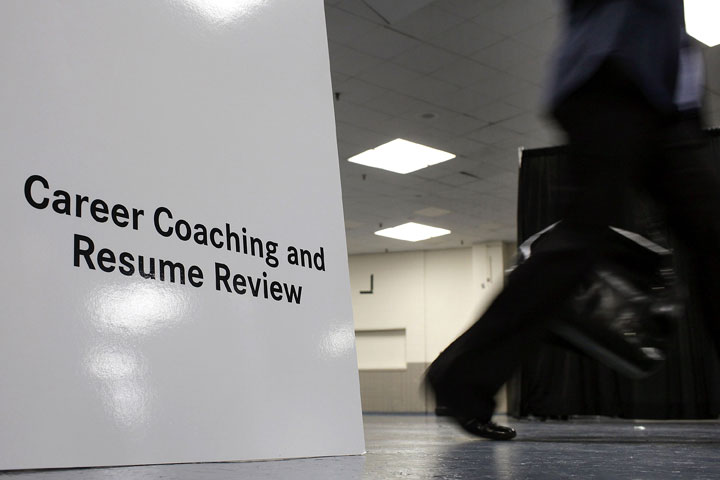What do you want to be when you grow up?

It’s a nice question, but these days, may be completely out of touch with Canada’s job market. The new reality is that Canadians should be prepared to work in multiple jobs and industries throughout their working life.
“There is little job security these days, so one has to be prepared at all times for a transition to a new employer, job, or even field,” said Sean Lyons, associate professor in the College of Business and Economics at the University of Guelph.
READ MORE: Canada’s hot jobs, and ones to avoid – experts offer their top picks
“It’s great to have a plan for your future and to work toward pursuing your dream, but that needs to be tempered with an understanding that the occupations that have been stable in the past might be altered significantly or even eliminated because of technological, demographic and globalization trends,” said Lyons.
Brushing up on your soft skills
While keeping on top of industry trends is one important method for navigating today’s job market, job seekers should also take a close look at the skills section of their resume. Experts we spoke to emphasized the importance of obtaining and developing certain skills, rather than focusing entirely on specific jobs.
“There is evidence that young people are facing an employment future where they will be expected to take more responsibility for their own training, development and employability,” said Lyons. “So, landing a ‘job’ is no longer the chief concern, so much as building transferable competencies and being adaptable to the labour market, which is likely to change in unpredictable ways in the future.”
The skills to focus on? Soft skills that are transferable from job to job, industry to industry.
“Teamwork, problem solving, the ability to take constructive criticism — those are transferable to all industries,” said Nathan Laurie, president of Jobpostings.ca, a company that works to connect students and recent graduates to meaningful careers.
Trevor Haldenby, a futurist who examines emerging trends, said creativity and imagination — “applying ideas from one area to problems in another” — are some of the biggest strengths a job seeker can have when navigating the employment market. The intersection of these soft skills with hard skills will become increasingly relevant, he notes.
“Careers that hybridize hard skills and soft skills, particularly when it comes to emerging technologies, are likely to be the careers that get a lot of buzz in Canada in the years to come,” said Haldenby.
“In the very near future, creating complex biological solutions to some of our planet’s most wicked problems won’t be a task for analytical engineers, it will be a task for designers with a gift for empathizing with human stakeholders and producing sustainable food, energy, and health care innovations.”
Embrace the digital world
Skills pertaining to computers, technology and social media are increasingly important, regardless of your industry.
“Being computer smart, knowing content management systems (CMS) like WordPress, Microsoft Office — these things are also very valuable,” said Laurie, recommending job seekers also have expertise in social media analytics and Google analytics.
Pay close attention to your social media presence (or lack thereof).
Having an up-to-date LinkedIn account is practically mandatory these days. Increasingly, your profiles on Facebook, Twitter, Instagram and other social media networks are being scrutinized by potential employers.
“Every single person I know who recruits goes to Facebook and looks up who you are. And some profiles can be less than desirable,” said Carol Ellis, a Toronto-based career and leadership coach.
“That’s become a huge part of the puzzle. It certainly wasn’t when I was starting out,” she said.
Should you go back to school?
A common path for those unsuccessful in their job search is to go back to school — Laurie encourages job seekers to follow their passions, but acknowledges that you may have to complete a college program in order to get a job.
But some experts caution against rushing toward retraining.
“Take stock of your career before thinking of doing more retraining,” said Michele Waters, founder of Career Quest, based in Victoria, B.C.
“Only engage in that if you’ve talked to at least a dozen employers and they say, ‘Yes, absolutely you need this kind of training to get into this field,’” she said.
In many cases, job seekers haven’t given themselves enough credit for the skills they already have — and how those skills could apply to various industries.
“Everyone you know with a liberal arts or humanities degree now might be nervous about where it’s going to get them by 2025, or beyond,” said Haldenby. “But next time you hear someone griping, remind them that the opportunities that come with an education in soft skills are often self-made, and defined by their times rather than any absolute rules.”
*With files from Jamie Sturgeon





Comments